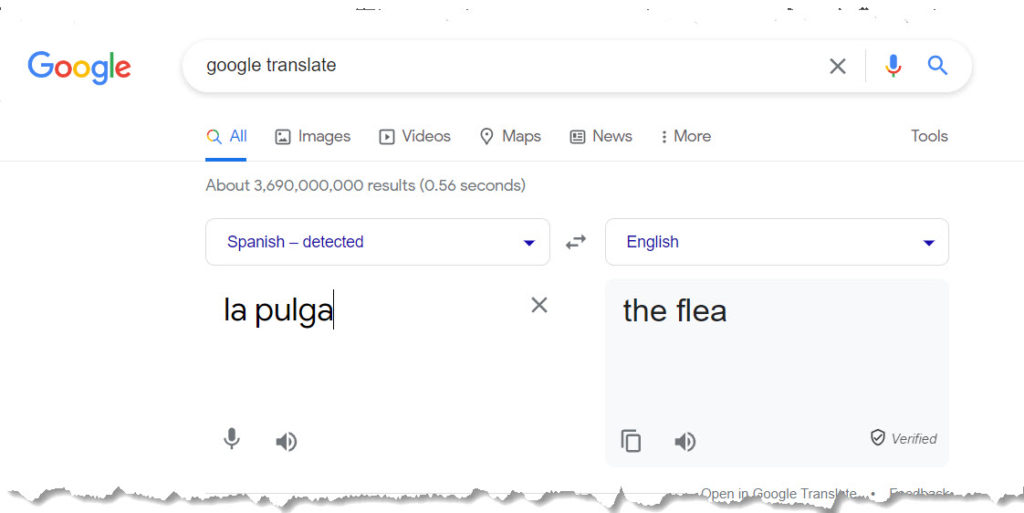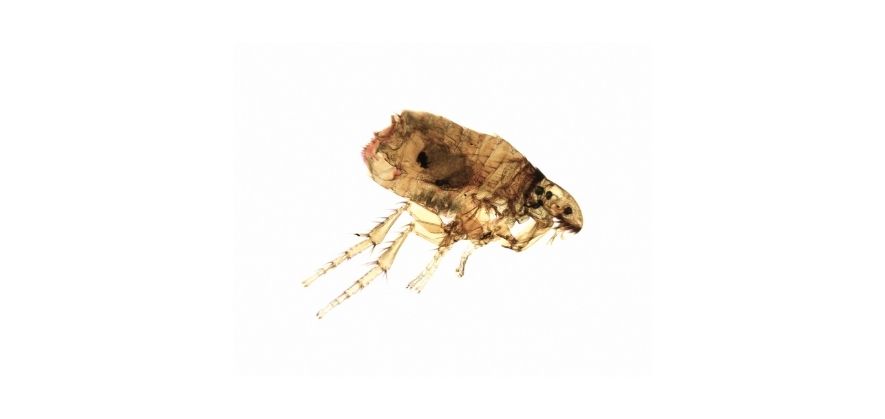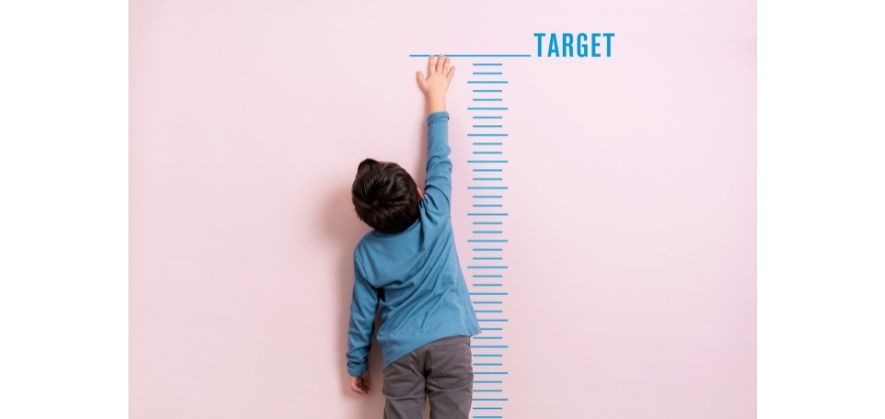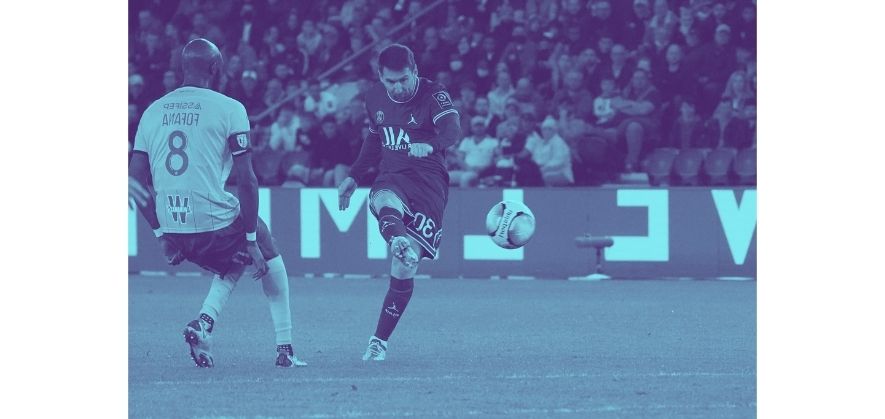Without a doubt, Lionel Messi is one of the greatest players to ever set foot on a soccer pitch.
If you’ve been a fan of the sport within the last decade or two, you’ll know very well how good the Argentinian player is when he’s in control of a soccer ball.
The pace and ease with which he’s able to glide past opposition players is simply a magnificent sight to behold, which leads fans towards giving him all sorts of superlatives to describe his demonstrations of magic on the pitch.
Messi has many nicknames, with most of them handed to him by supporters who love and adore the man for all the joy that he’s brought to their lives through excelling in the sport.
For example, some people like to call him “the little maestro” or “the magician”.
However, there’s one really interesting nickname that’s used to refer to Messi which not many people are very familiar with.
And that nickname is “La Pulga”.
That’s where this article comes in handy, as it shall now explain why Messi is occasionally branded in this way.
So, let’s start with a brief explanation…
Messi is called “La Pulga” because he was always the smallest player on the teams that he represented, going all the way back to youth level. “La Pulga” means “atomic flea” which in Catalan and Spanish language translates into someone who is small but exceedingly exceptional.
You should read this article further if you want to learn about the full context behind this interesting nickname.
What is the meaning of La Pulga?
There’s no use in learning why Messi is called “La Pulga” without first getting a broader understanding of what the nickname actually means!
So, let’s begin here.
We’ve already done the “heavy lifting” for you with a simple Google Translate search.

“La Pulga” is a Spanish name that can be directly translated to mean “the flea” in English.
Now, you’re probably well aware of what a flea is, right?
It’s those pesky little bugs that dogs tend to have a habit of trying to scratch off.
They are small, flightless insects that survive by being parasites that suck on the living blood of mammals and birds.

At first thought, this translation doesn’t sound right now does it?
Because surely Lionel Messi can’t have been given the nickname that describes him as a flea!
Well the truth is, the translation from Spanish shouldn’t be construed in a literal English sense.
You’ll learn why that’s the case a little further down.
Reasons why Messi is known as La Pulga
Now let’s get down to business here.
1. Short height

As the article has already mentioned, Messi got the “La Pulga” nickname for being a diminutive player who was much smaller than his team mates at various youth levels of soccer.
Fleas are small insects and when you look at Messi in a similar vein, you would regard him as a player who is much smaller in stature than other athletes in his profession.
But there’s quite a few positives to be drawn from Messi’s smaller stature.
When he was younger, Messi was so skilled and talented that he played against opponents who were nearly twice his age and size!
So, you can imagine him as a four-year-old kicking a soccer ball with a bunch of eight- and nine-year olds who weren’t even close to being as good at soccer than he was.
For evidence of this, check out this footage of him playing as a child from his time at Newell’s Old Boys:
Look at how easily he would evade challenges from other players.
In fact, this report here claims he scored 234 goals for the club during his playing days there!
You can see that Messi gets the “La Pulga” name because his shortness of height is combined with his immense ability as a soccer player.
If you think back to the flea example provided earlier, you’ll know that an insect this small can seem harmless but it has a sharp bite.
In a similar way, Messi may look small, but he can be a nightmare to defend against as a player!
2. Unique playing style

The “La Pulga” name is also very fitting for Lionel Messi because of the style in which he moves with the ball on the soccer field.
Apparently, an Argentinian journalist gave him this nickname in 2005 because of how he used to bounce off of opponents and shirk challenges from defenders, just like how a flea would bounce off of objects when it moves.
When Messi takes on a couple of defenders, he has this innate ability to be able to retain possession of the ball just at the point that it looks like he would lose the ball.
With a burst of pace and a quick turn, he’s able to outwit defenders in the blink of an eye.
On television, it actually does kind of resemble a flea moving in between people and places!
For instance, take a look at his memorable goal against Getafe when he was still a teenager:
Furthermore, here’s a good quote that sums up why he gets this name:
“Spanish outlets went a step further and began calling him ‘La Pulga Atomica’ [the atomic flea] as a means to describe how, despite being physically unimposing, still manages to have significant upper-body strength that allows him to physically dominate his opponents in challenges – while his quick footwork allows him to excel at dribbling.”
Source – Goal.com
3. His siblings
Funnily enough, Messi’s two older brothers gave him the “La Pulgita” title back when he was a little child.
Messi was small at the time, but had talent in the bucket loads.
And as he grew older and a little bit taller, they witnessed the growth in his explosive ability
They were able to see all the steps of his development not only as a soccer player but also as a person, so they found it quite fitting for him to have this nickname.
What other nicknames does Messi have?
All sorts of good words can be used to describe a player of Messi’s talent level.
But there are only a few names that truly stick and stand the test of time over generations.
Messi does in fact have another nickname that’s used by soccer fans when referring to him.
It’s called “the GOAT” – which stands for “the greatest of all time”.
You can read this article for more information about why Lionel Messi is called the GOAT.
Closing thoughts
Now you know the exact reasons why Messi is called “La Pulga”!
If you’ve enjoyed this piece of content, you should check out some of our other Messi-related publications like:
- Why Messi is not on Twitter;
- Messi’s soccer trophy tally;
- Lionel Messi memorably holding up his shirt to rival fans;
- Why Messi is sometimes called Pessi; and
- How many red cards Lionel Messi has
Or if you just want to get more acquainted with different aspects of soccer, then the following pieces are more ideal:
If you enjoy the content that I create and would like to buy me a coffee, then I’d really appreciate it!
Any money that I earn through this donation will be re-invested into more content for this website.
Additionally, by sending in a donation you’ll also receive a copy of my recently released 190+ page eBook on Soccer Ball Care, as well as be subscribed to our mailing list where you’ll be regularly informed on the latest developments concerning the Soccer Whizz blog.
- Future Icons: Europe’s Emerging Midfield Maestros Set for Glory - December 4, 2023
- Kickstarting a Revolution: How Soccer Transformed the United States Over the Last Four Years - October 7, 2023
- 4-1-4-1 Soccer Formation [Analysis] - September 23, 2023

